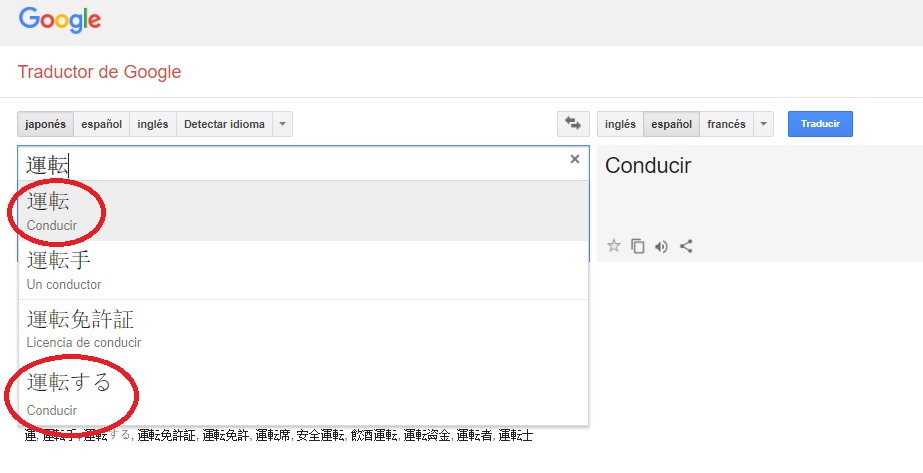I thought that "suru" was used with english verbs to create japanese verbs (ie ドライブする) or with japanese nouns to create japanese verbs (ie denwa suru 電話する)
Can "suru" be also added to japanese verbs? If so, what's the purpose of adding "suru" to a word that is already a verb. For example, 運転, according to Google translator (which I dont know if it works properly) both 運転 and 運転する means to drive. Is this so? If so is there any nuance in both?

